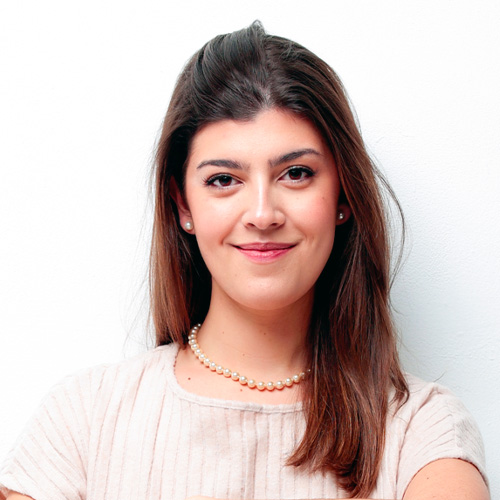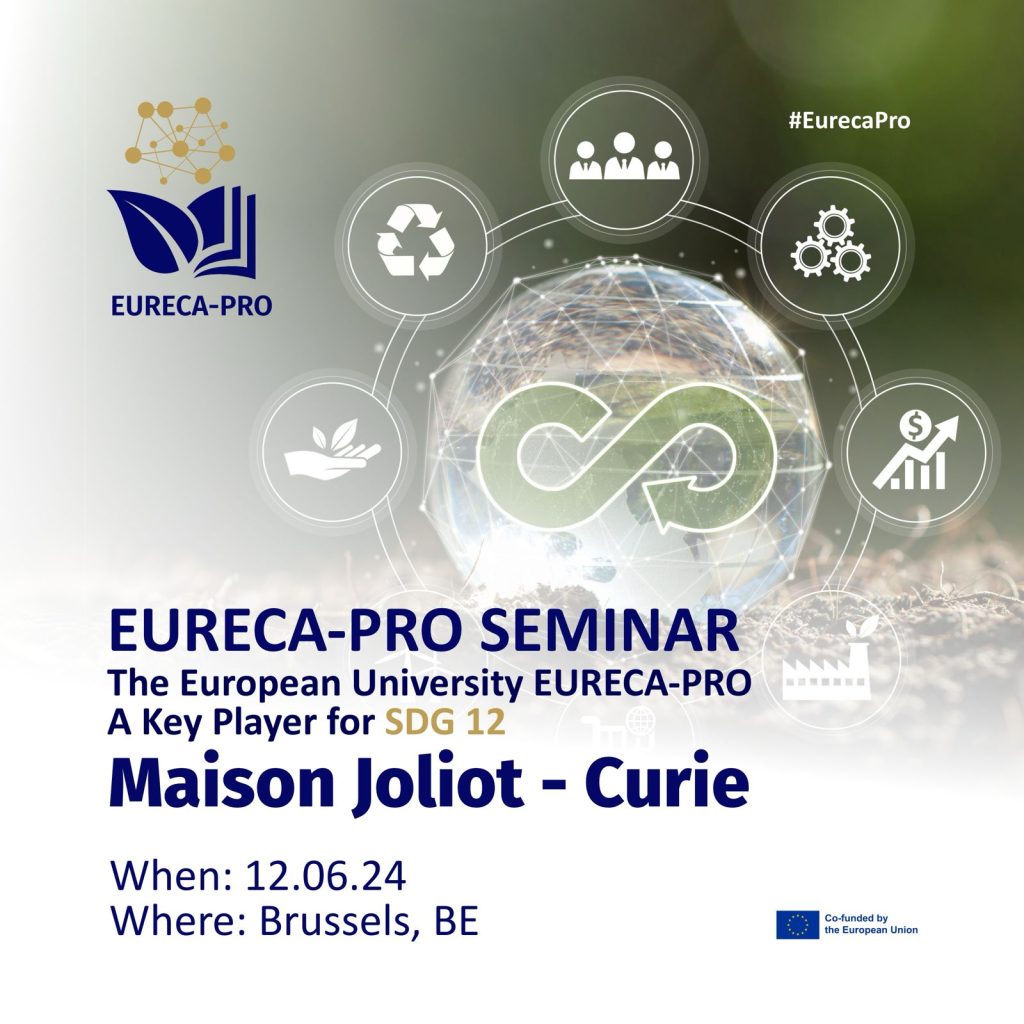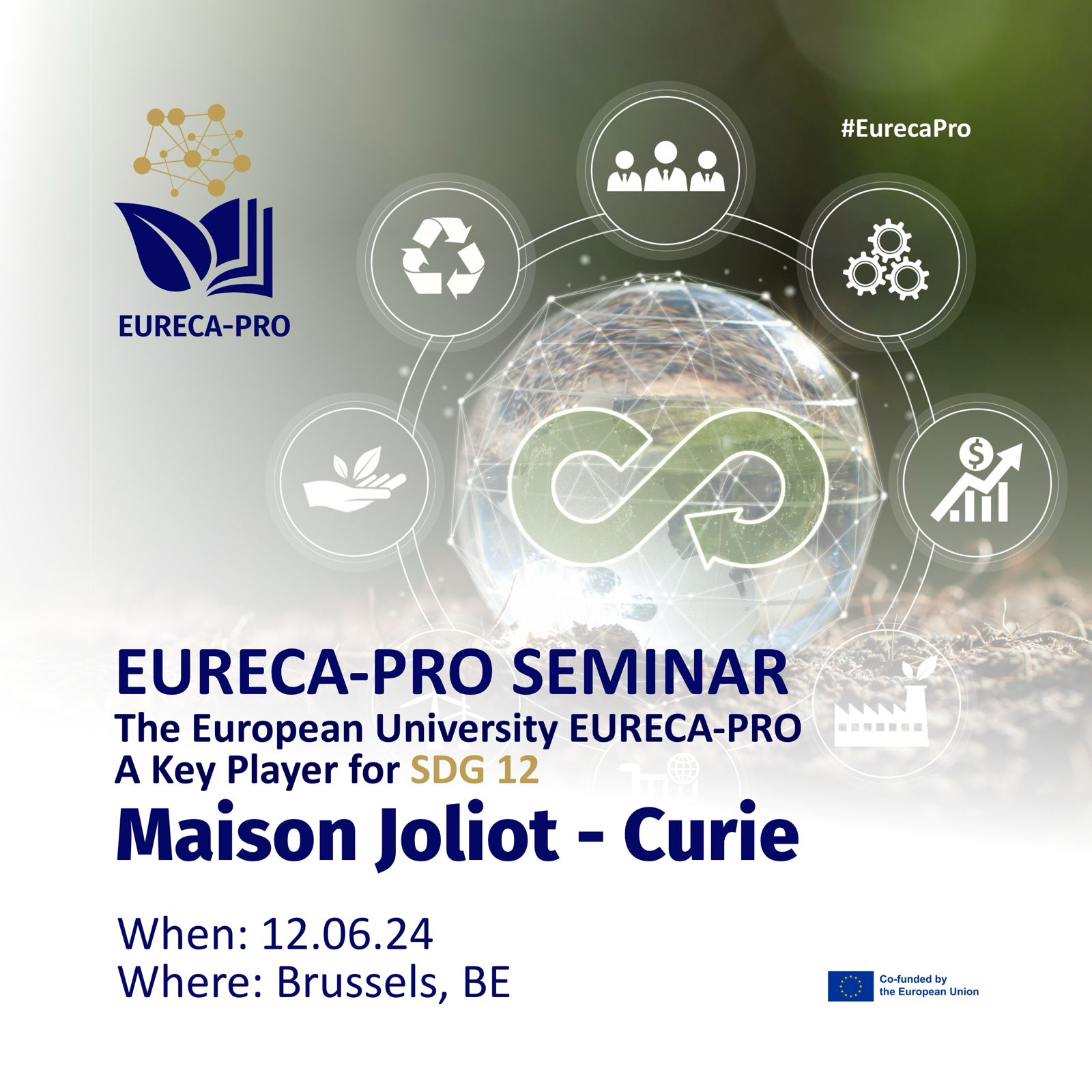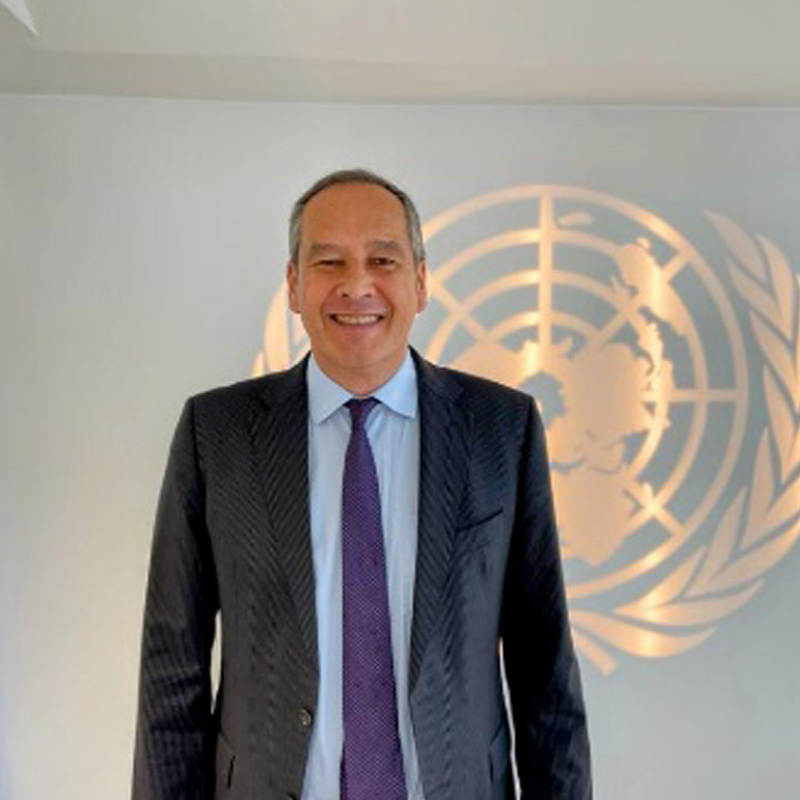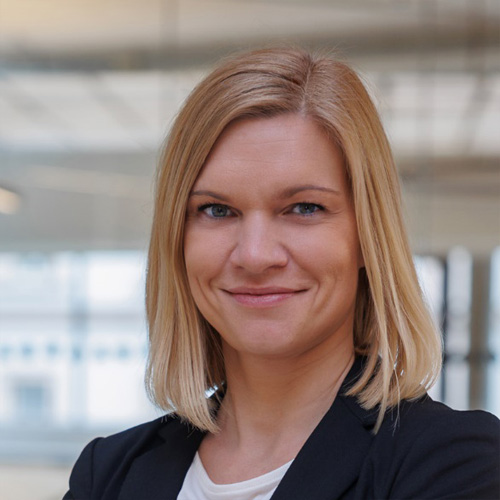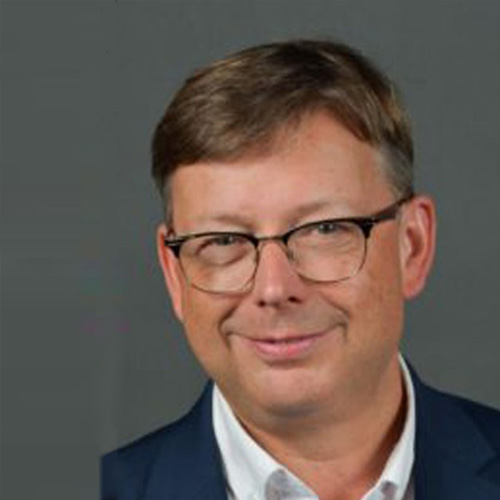EURECA-PRO Seminar
The European University EURECA-PRO, a key player for SDG 12
12th of June 2024 | Brussels, Belgium
The European Commission, eager to enhance strategic autonomy, particularly regarding supply chain and raw material dependencies, has enacted the Critical Raw Materials Act (2023). The partners of the European university EURECA-PRO, the European University on Responsible Consumption And Production, together with socioeconomic stakeholders contribute to cultivate value chains for EU industrial ecosystems to diminish dependency by increasing extraction, processing, and recycling within the EU. This contributes to enhance clean technologies manufacturing capacities in the EU.
Simultaneously, this transition necessitates significant societal shifts on the consumption front to facilitate a just transition toward a more sustainable and responsible society, as advocated by the Green Deal. This just transition also demands the development of new skills, as highlighted by the UN’s Global Resource Outlook (2024), which identifies skill gaps as a barrier in the framework of the transition. The required new skills could potentially be integrated on the scale of the European higher education area, such as within European Universities.
DATE: 12 June 2024
LOCATION: Maison Irène et Frédéric Joliot-Curie, 100 rue du Trone, Brussels, in the European district, Belgium
LANGUAGE: English
There will also be an online option to follow this event!
Registration for in-presence participation is now closed. Thank you for your interest!
Programme
-
Wednesday | 12th of June 2024
-
9:00 - 10:00 | Keynote session
Christophe YVETOT, UNIDO Representative to the European Union ( United Nations Industrial Development Organization)
Serenella SALA, Head of Unit, Sustainable Resources - Land Resources and Supply Chain Assessments, Joint Research Centre (European Commission)
Susanne FEIEL , Director of International Relations (Montanuniversität Leoben) - EURECA-PRO in a Nutshell
Fabrice LEMOINE, Vice-President for European Strategy (Université de Lorraine) - EURECA-PRO Strategy on SDG 12
-
10:00 - 11:00 | Round Table 1 - Management of Natural Resources and Circular Economy for Sustainable Materials
Moderator: Evan DIAMADOPOULOS, Professor Emeritus, School of Chemical and Environmental Engineering (Technical University of Crete)
• Milan GROHOL, Policy Officer, Unit of Energy Intensive Industries and Raw Materials, Directorate General Internal Market, Industry, Entrepreneurship and SMEs, DG GROW (European Commission)
• Carsten DREBENSTEDT, Head of Chair for Mining (Technische Universität Bergakademie) - RCP in Mining
• Peter MOSER, Rector, (Montanuniversität Leoben) - Sustainable Circular Economy
• Bertrand LARATTE, Professor (ENSAM Bordeaux) - Life Cycle Assessment - 11:00 - 11:20 | Coffee Break
-
11:20 – 12:40 | Round Table 2 - The Impact of EURECA-PRO on Skills to Operate a Just Societal and Multiscale Transition Towards Sustainability and Responsibility
Moderator: Prof. Volker TOLKMITT: Rector (Hochschule Mittweida)
• Ioana DEWANDELER, Policy Officer, Directorate General Education, Youth, Sport and Culture (European Commission)
• Benoît GRASSER, Vice-President for Scientific Policy, (Université de Lorraine) - Human Resources Management
• Julia SISHCHUK, (Technische Universität Bergakademie) - Education
• Agata DUDEK, Project Coordinator (SCIC Kèpos) - Associated Partner • Aralia MUNIZ FERNANDEZ - (Universidad de León) - member of the EURECA-PRO Student Council
- 12:40 - 14:00 | Lunch
Speakers | Round Table 1 - Management of natural resources and circular economy for sustainable materials
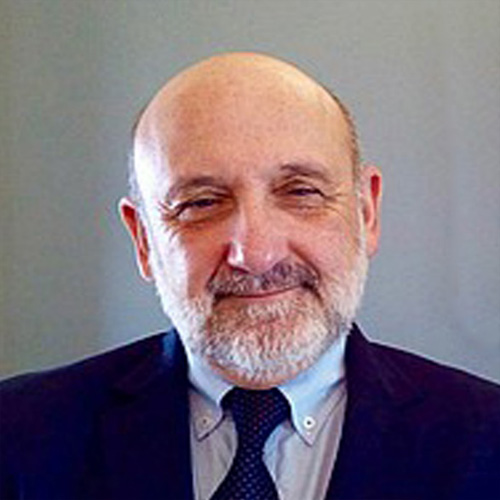
Prof. Evan DIAMADOPOULOS
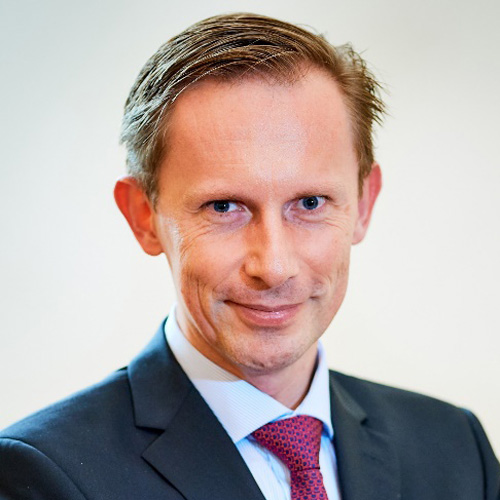
Milan GROHOL
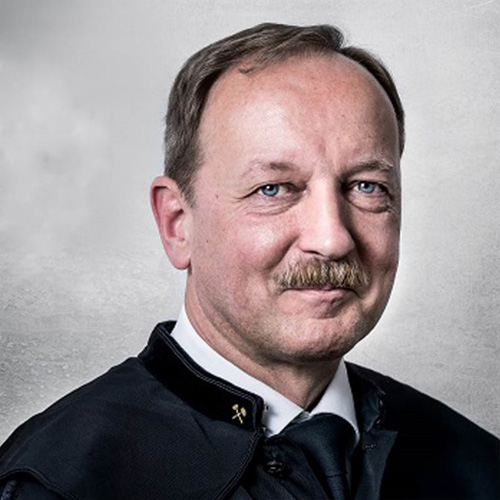
Prof. Carsten DREBENSTEDT
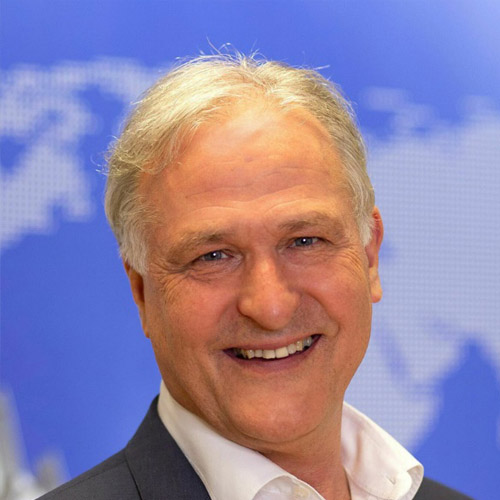
Prof. Peter MOSER
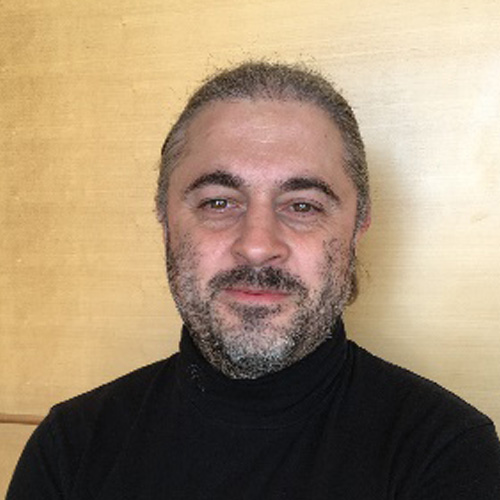
Dr. Bertrand LARATTE
Speakers | Round Table 2 - The impact of EURECA-PRO on skills to operate a just societal and multiscale transition towards sustainability and responsibility
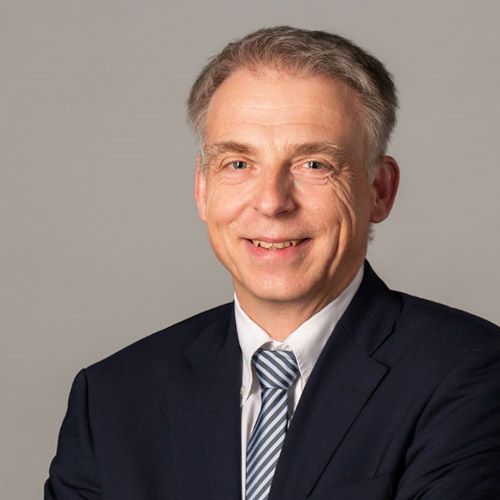
Prof. Volker TOLKMITT
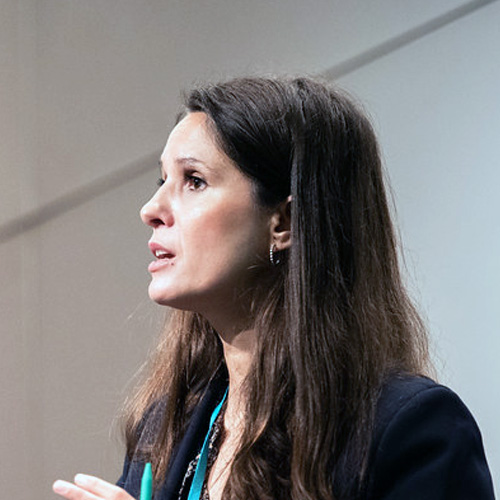
Ioana DEWANDELER
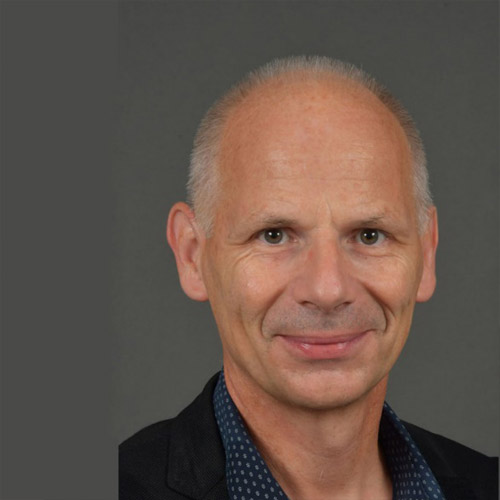
Prof. Benoît GRASSER
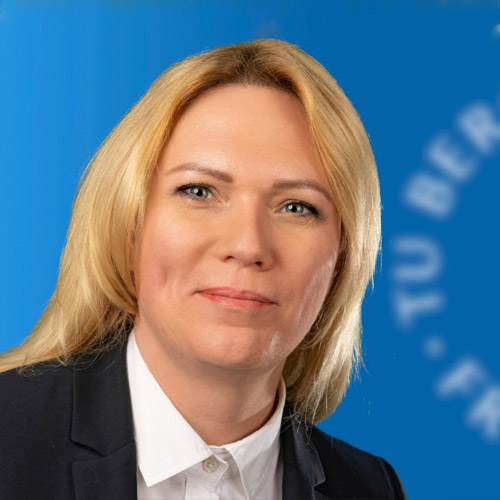
Dr. Julia SISHCHUK
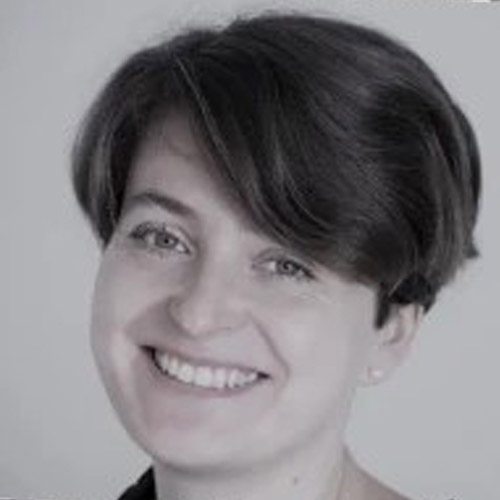
Agata DUDEK
